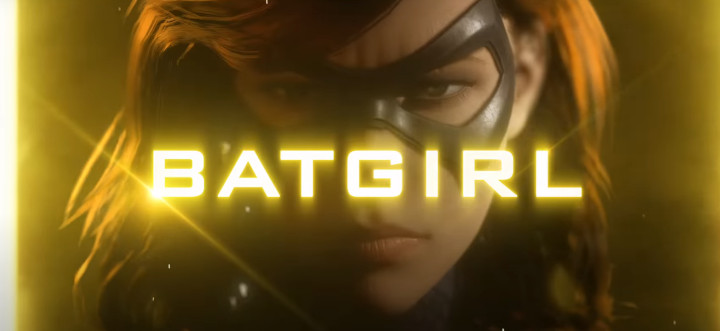
I recently posted an article about Gotham Knights, which apparently stirred up some controversy. The main issue people took with that piece seems to revolve around Barbara Gordon. My basic argument was essentially that using Barbara as Batgirl is far less interesting than using one of the lesser-known Batgirls, like Cassandra Cain or Stephanie Brown.
I also mentioned the fact that Barbara Gordon was paralyzed in the comics, and that this was canon in Gotham Knights, but in Gotham Knights, she gets better and becomes Batgirl again. I should point out that, yes, she does get better and become Batgirl again in the comics, so there is some precedent for this decision. But even so, this plays into an ableist trope.
I didn’t want to get too deep into the Barbara Gordon controversy in that piece, so I tried to reduce it down to the simplest terms possible. However, I think a lot of nuance was lost because I breezed through it so quickly.
So I want to clear some things up about Barbara Gordon’s role in Gotham Knights, why her spinal injury was controversial, and how WB Games Montréal has responded to the criticism.
What is the story of Barbara Gordon’s injury?
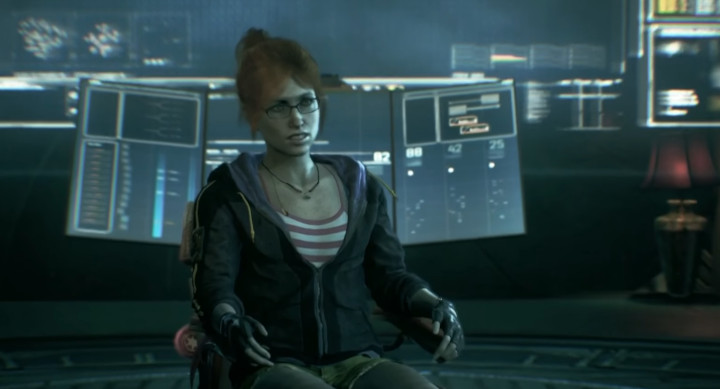
In 1988’s Batman: The Killing Joke by Alan Moore, Joker shoots Barbara in the spine, which causes her to become paralyzed. She is confined to a wheelchair, but she eventually (in later works) steps into the role of Oracle, a character who’s often seen against a backdrop of high-tech computers. So while she no longer wham-boom-pows her way through baddies, she takes on an intel-gathering role. She also co-founds the Birds of Prey with Black Canary.
If you want to know more about Barbara’s story, here’s a pretty good explainer.
Now, there was a big DC Universe reboot about ten years ago, which is referred to as “The New 52.” The goal was to reset the DC Universe back to a point where anyone could read it without getting bogged down in decades of lore and backstory. And this means a lot of canon was wiped, condensed, or altered so that characters could get back to their “classic” forms. This includes Barbara Gordon, who became Batgirl once again.
To justify the change, Barbara had had a neural implant surgery at a South African clinic.
How does Gotham Knights handle Barbara’s lore?
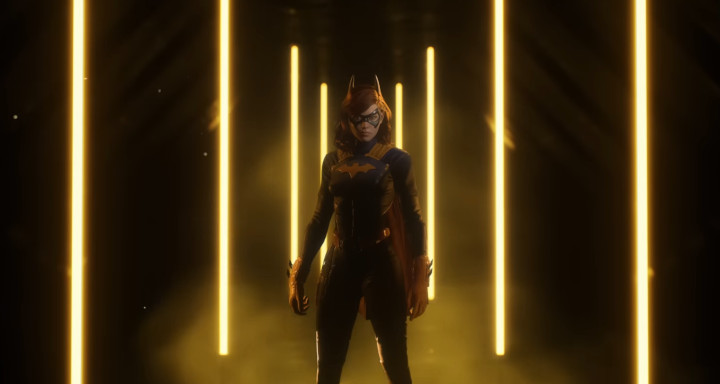
Gotham Knights leans into the New 52 lore, with Barbara having recovered from her disability. This wasn’t exactly handled gracefully. Originally, the game’s website had a bio for Barbara that read:
After a face-off that put Barbara in a wheelchair, she became Oracle, a powerful information and communications expert. But her father’s death spurred her to train and recover from her wounds so that she could return to active duty as Batgirl.
This was met with some backlash, with people pointing out that this description was playing into an ableist trope, so WB Games Montréal made some revisions. In a Q&A session on Discord (as reported by Game Informer), Gotham Knights creative director Patrick Redding said this:
As with many of our characters and plot elements, the circumstances around Barbara’s injuries differ in some important ways from how it’s been portrayed in the comics. Barbara has been through multiple surgeries followed by a lot of physical therapy and pain management.
At the time of this writing, Batgirl’s bio on the official Gotham Knights website states:
When a spinal injury threatened to end her crime-fighting career, she adapted, applying her expertise as Oracle, a forensic intelligence hub with global reach. After years of pain, surgery, and rehabilitation, she eventually recovered. Strengthened by Oracle, as well as Barbara’s now unbreakable determination to protect Gotham, Batgirl returned.
The team has also been working with the charity AbleGamers with the hopes that they can handle Barbara’s recovery both realistically and inoffensively. While I commend WB Games Montréal for at least giving an appearance that they’re trying to get this right, I’m not confident they can actually handle this with the grace that I think is required of them.
Wait, what is this trope you keep talking about?
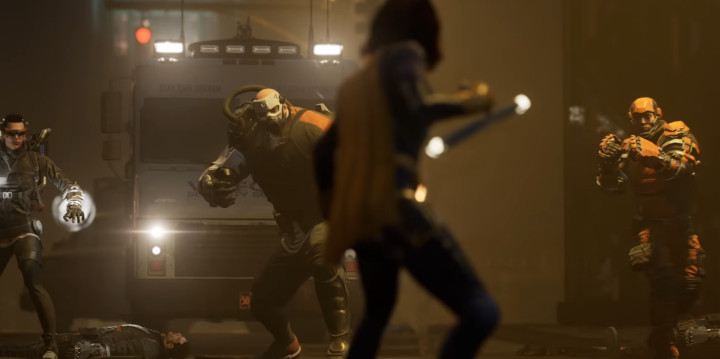
So, this is where things start to get contentious. I’m going to try to walk through this as clearly as possible, but there’s a whole lot of nuance to the conversation. So please bear with me.
First up, I need to make it clear that calling out WB Games Montréal for using an ableist trope doesn’t mean WB Games Montréal is horrible, or that Gotham Knights is horrible, or that you should feel ashamed for supporting either (or both) of them. It simply means that they’ve leaned on a trope, and that trope happens to be ableist. There aren’t any villains here to attack, shame, or “cancel.”
The trope goes like this: A fictional character has a disability, and then, through the force of will, recovers from that disability.
Or, to put it another way, if a fictional character has a disability, that character’s “quest” is to recover from that ability. Their ability to recover is based solely on how hard they are willing to work. If they work hard enough, they will recover and complete the quest; if they don’t put in the work, they’ll fail the quest.
Now, this trope tends to be a lot more common when it comes to mental health, and there’s even a trope called the Mental Health Recovery Arc. However, you can also look into some related tropes, like the Genius Cripple trope or the Physical Therapy Plot.
I think it would be really difficult to argue that Gotham Knights isn’t leaning on some combination of these tropes. It’s very clear in both versions of Barbara’s bio, as well as in the comments from Patrick Redding. I think what people are actually trying to argue is that the tropes themselves aren’t harmful. So let’s investigate that idea.
Why is this trope harmful?
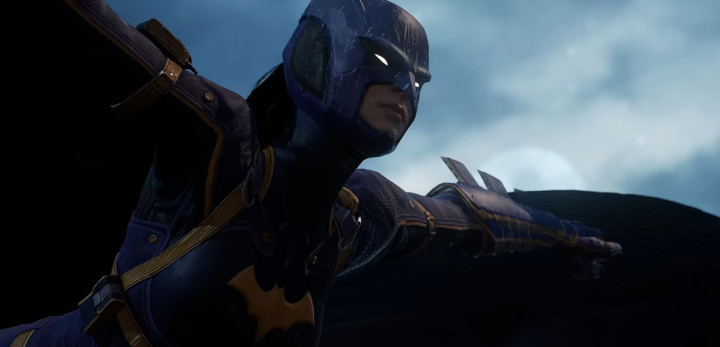
I think the place where a lot of folks get lost is when we start mapping fictional tropes onto the real-world consequences of those tropes.
The argument isn’t that fictional characters affect someone’s “self-esteem” in the real world, or that seeing a disabled character recover will hurt someone’s feelings. It’s that people with disabilities get stigmatized by society, and that stigma is reinforced by media in ways that actually impact the real lives of those who suffer from these disabilities.
If the idea were completely limited to fiction, and if people actually understood that this was a fiction trope, then it would be completely harmless. This is the point in the conversation where too many people get lost, because it seems like there’s a very clear delineation between fiction and reality.
The problem is that people actually buy into the trope, then internalize it, then eventually externalize it. This is the point in the process where the real-world harm is actually being done.
Just think through this for a second. Let’s say that every single person you’ve ever seen in a wheelchair was on a TV show, in a comic book, or in a video game. And let’s say that, in every single case, that fictional character recovers from their disability by working hard and showing grit and determination.
Now, let’s say that you see your first wheelchaired person in real life. It’s possible that you will say to yourself, “I know that everything I’ve ever seen in the media about wheelchaired people is fiction, and that in real life, some people have disabilities they will never recover from.” But it’s much, much more likely that you won’t have that thought. It’s more likely that you’ll think, “If every other person I’ve seen in a wheelchair was able to recover, what is wrong with this person?”
You might very well start thinking that this person could be walking if they just tried harder. That false idea will affect how that person is treated by society — if enough people buy into the “personal quest” myth, then the disabled person is treated by society at large as someone who just didn’t try hard enough. This causes people around them — even people who care about them — to try to encourage them to do things that are dangerous for them, and if the person refuses, the people offering the bad advice start getting frustrated.
So the problem isn’t the fact that a disabled person is presented in such a way in a single piece of media; it’s that they’re presented in the same way over and over and over again — enough that the fictional idea becomes the default way to think about disability.
If just one piece of media portrayed disable folks in this particular light, it wouldn’t be a problem at all. And this creates a very tempting counterargument that goes something like this: “The piece of media I enjoy isn’t singlehandedly responsible for the way disabled people are treated.” And you’re absolutely correct in making this argument; you’re just overlooking the overall impact of a fictional idea when it hits critical mass.
Where does the responsibility lie?
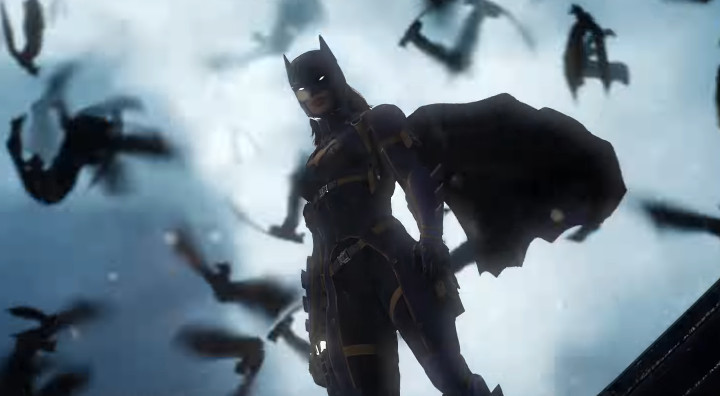
You could argue that it’s not media’s responsibility to avoid ableist tropes at all. No, it is actually society‘s responsibility to not internalize fiction tropes. If society can just understand that this is fiction, and can learn to treat real people differently from fictional ones, then there’s no problem at all.
And you know what? On some level, I actually agree with this. But the problem is that society is failing at this responsibility, and the “Recovery” trope has hit critical mass. The default way to think of disability is through the lens of the “Recovery” trope.
The only thing we can do at this point, then, is to call out the trope when we see it. If the responsibility is on society to not internalize harmful tropes, then part of that responsibility is to have these sorts of conversations about the media we consume. We need to make it clear that what happens in Gotham stays in Gotham.
Breakdown
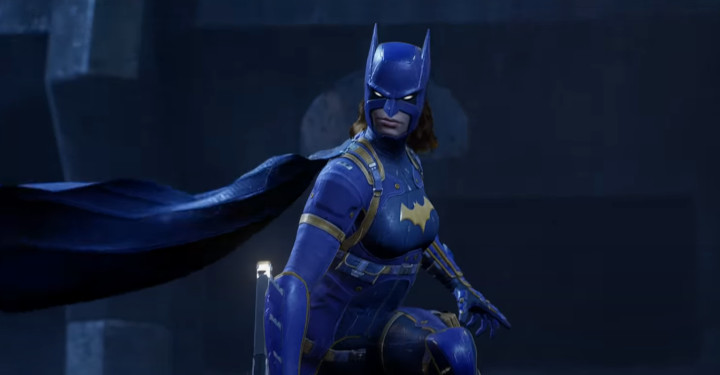
So let’s break all this down:
- Barbara’s recovery arc borrows from a trope. This is an objective fact.
- The “Recovery” trope is ableist. I think it’s hard to deny this.
- The “Recovery” trope is harmful to society. I think you could probably make a strong case for this, but I doubt you can prove it with 100% certainty.
- Gotham Knights has a responsibility to avoid harmful tropes. This is a matter of opinion.
- If Gotham Knights doesn’t meet this responsibility, it is evil, and we should fight against this evil. This is absolutely ridiculous, and this argument should not be taken seriously by anyone.
I think that when articles make these sorts of arguments, they start with step 1 and 2, assume step 3, and then insist that step 4 naturally follows from the previous steps. And then, readers assume the article is claiming step 5 right off the bat.
I think that, in order to have this conversation in a manner that’s even remotely productive, critics need to stop being so attached to “1 and 2, therefore 3 and 4 as a matter of fact” arguments, and readers need to stop assuming “this article says 1, therefore 5, so this article is terrible.” 1 and 2 can be true without 3 and 4, and a piece of media can be flawed without being unsalvageable or irredeemable.
Conclusion
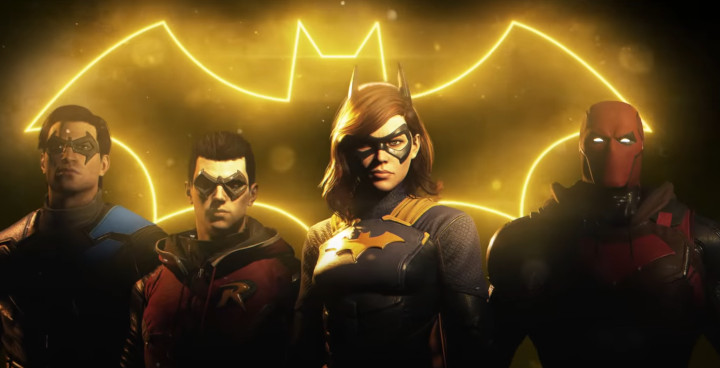
In its portrayal of Barbara Gordon as Batgirl, Gotham Knights falls into the “Recovery” trope. This could have been easily avoided by using a different version of Batgirl, as I suggested in my previous Gotham Knights article. However, since that’s not the direction WB Games Montréal has decided to go, I think it’s only fair to call them out for it.
No, I don’t think it’s the intent of Gotham Knights to stigmatize disabled folks. No, I don’t think WB Games Montréal is irredeemably evil for making the choice they’ve made. I am disappointed by it, but that’s just my opinion, man. Your own mileage may vary greatly.
And, for the record, I still very much plan on playing Gotham Knights in October.
Really good article. I don’t know many disabled people personally, so even just pointing out where it happens helps me to not internalize the trope.
Thanks for the comment! I admit that I dropped the ball on my previous article, and I hope this follow-up can help to discuss some of the nuance that I missed previously.